Russia’s economy is a unique blend of a resource-rich nation and a developing market economy. Heavily reliant on the export of natural resources, particularly oil and gas, it has experienced significant fluctuations due to global commodity prices and geopolitical factors.
Key Characteristics of the Russian Economy
- Resource-Based: Russia is one of the world’s largest exporters of oil and natural gas. These resources play a crucial role in driving economic growth and generating export revenue.
- State-Led Capitalism: The state maintains significant influence over the economy, with state-owned enterprises playing a prominent role in key sectors like energy, defense, and finance.
- Economic Diversification: The Russian government has been striving to diversify the economy and reduce its dependence on natural resources. Efforts have been made to develop sectors such as manufacturing, technology, and agriculture.
- Geopolitical Risks: Russia’s economy is susceptible to geopolitical risks, including sanctions imposed by Western countries and fluctuations in global oil prices.
Recent Economic Trends
In recent years, Russia’s economy has faced significant challenges, including Western sanctions imposed following the annexation of Crimea and the invasion of Ukraine. However, the Russian economy has shown resilience, adapting to these challenges and finding new opportunities.
Some of the key trends in the Russian economy include:
- Economic Recovery: Despite the impact of sanctions, the Russian economy has shown signs of recovery, with GDP growth returning to positive territory in recent years.
- Import Substitution: Russia has implemented policies to reduce its reliance on imports, particularly in the food and manufacturing sectors.
- Digital Economy: The Russian government has prioritized the development of the digital economy, investing in digital infrastructure and promoting innovation.
- Financial Stability: The Central Bank of Russia has taken measures to stabilize the financial system and maintain macroeconomic stability.
Challenges and Opportunities
Russia’s economy faces several challenges, including:
- Demographic Crisis: A declining population and aging workforce could hinder economic growth.
- Infrastructure Deficiencies: Russia’s infrastructure, particularly in transportation and logistics, requires significant investment.
- Corruption: Corruption remains a significant problem, hindering economic development and investment.
- Geopolitical Risks: Geopolitical tensions and sanctions continue to pose risks to the Russian economy.
Despite these challenges, Russia also has significant opportunities:
- Vast Natural Resources: Russia’s abundant natural resources provide a solid foundation for economic growth.
- Skilled Workforce: Russia has a highly educated workforce, particularly in science, technology, engineering, and mathematics.
- Strategic Partnerships: Russia’s strategic partnerships with countries like China can provide economic benefits.
- Domestic Market: Russia’s large domestic market offers significant opportunities for businesses.
In conclusion, Russia’s economy is a complex and dynamic landscape. While it faces significant challenges, it also possesses considerable potential for growth and development. The future trajectory of the Russian economy will depend on a range of factors, including global economic conditions, geopolitical developments, and domestic policy reforms.
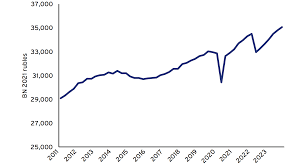
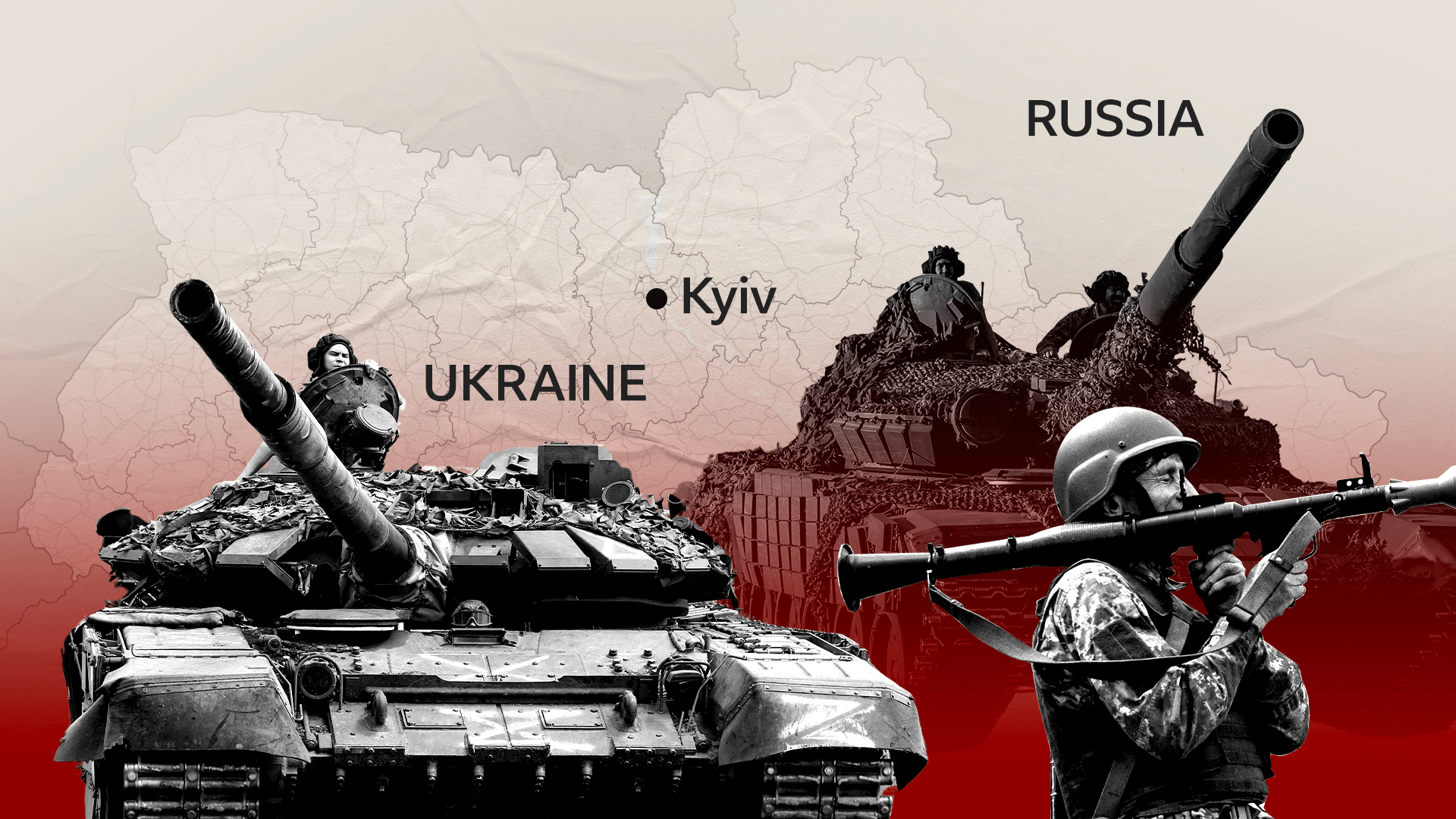
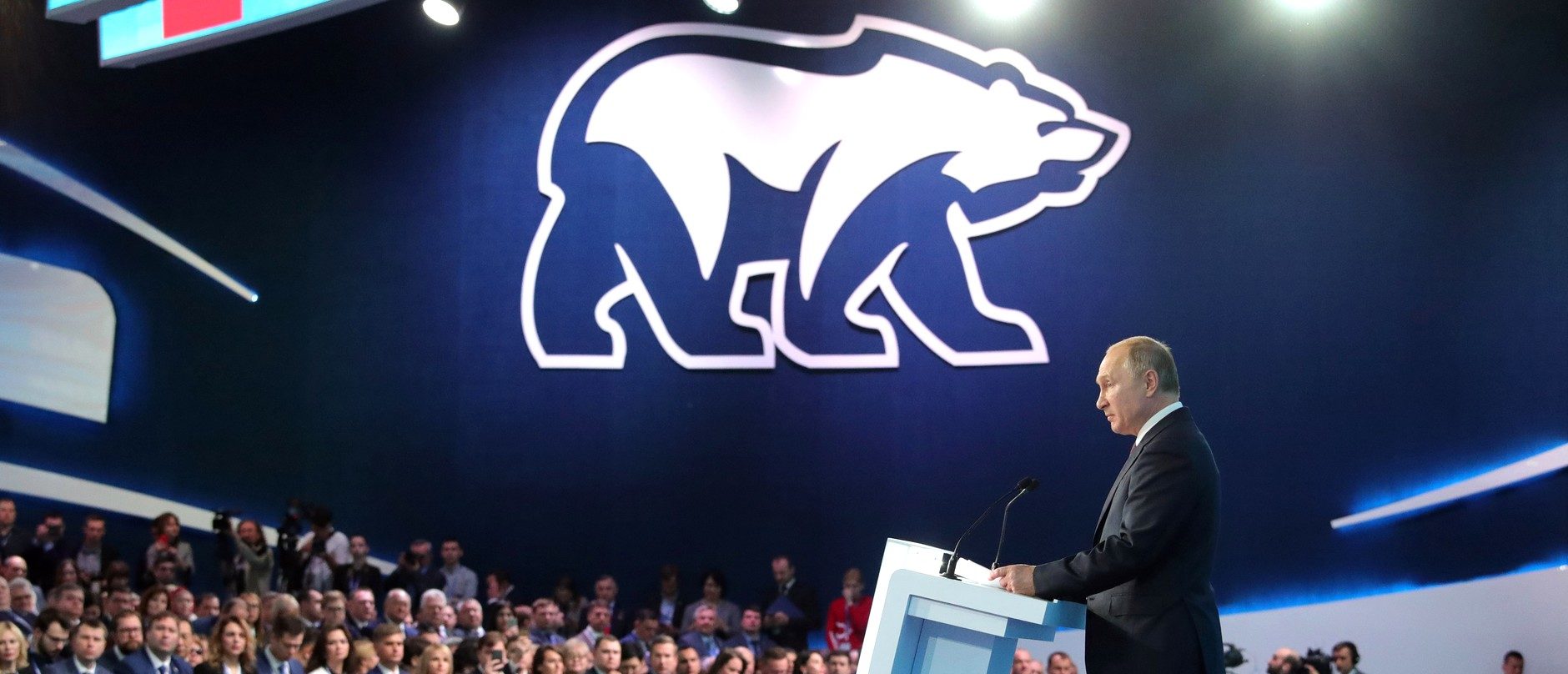
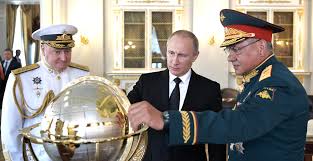

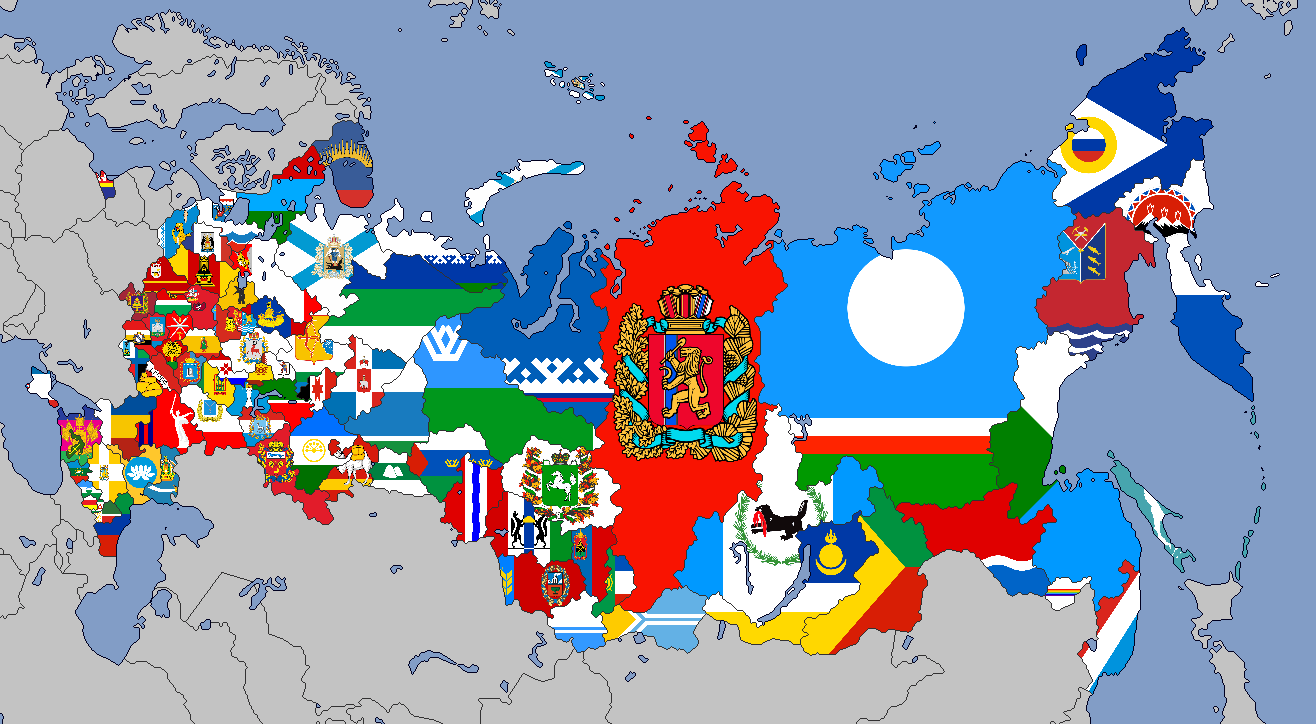
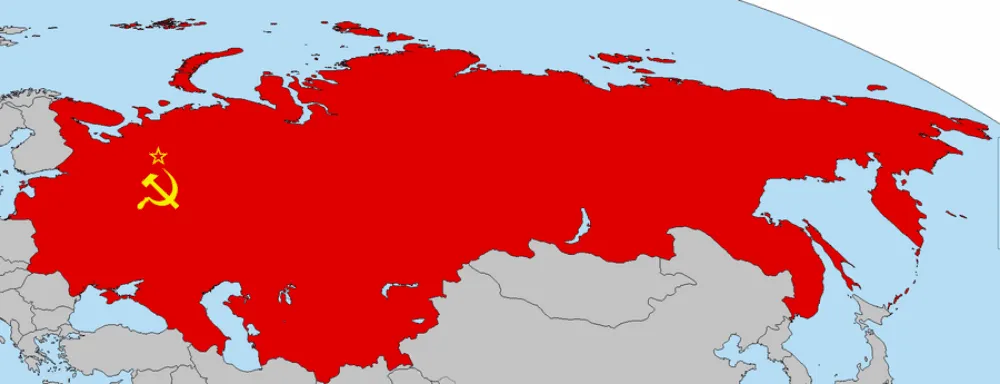
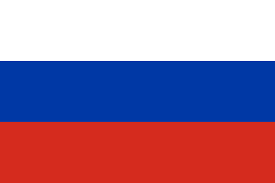
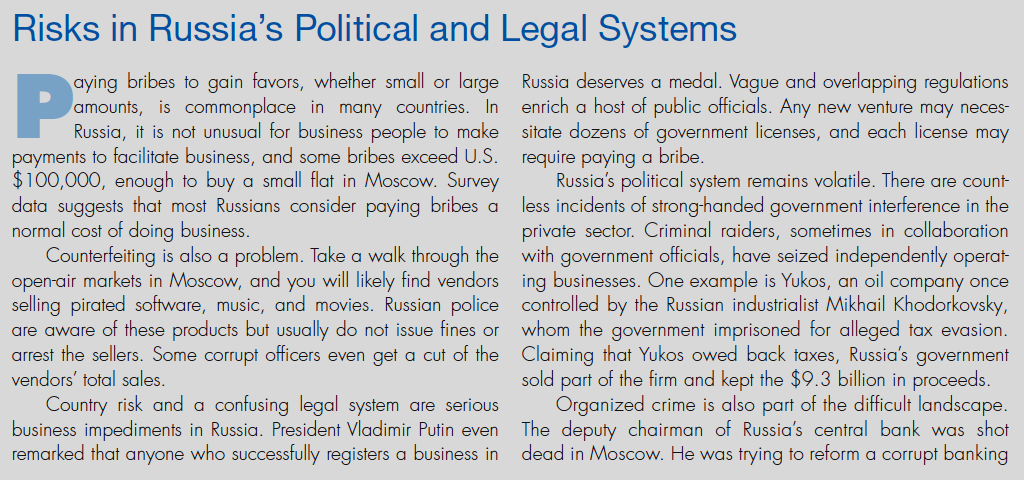

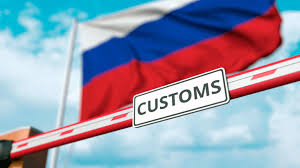
Leave a Reply